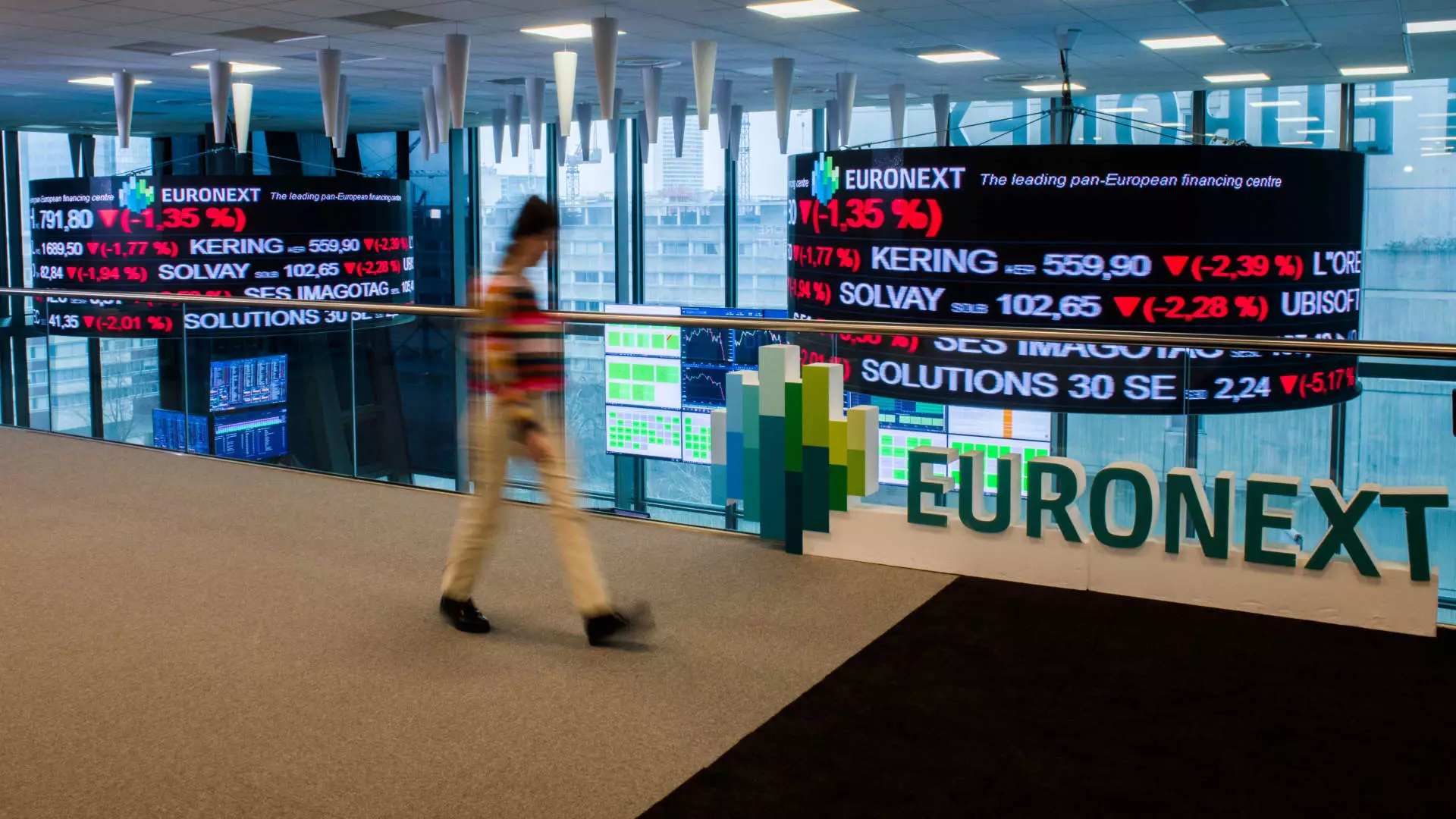In a notable shift for global finance, U.S.-listed funds responding to international equities faced a troublesome decline following Donald Trump’s electoral success. The anticipated ramifications of Trump’s presidency prompted investors to reassess their positions in several prominent exchange-traded funds (ETFs) that track markets in South Korea, Hong Kong, Taiwan, and Chile. While major U.S. stock indices reached unprecedented heights, the broader global perspective reflected hesitancy and concern rooted in impending trade policies.
Trump’s proposals, particularly the imposition of tariffs potentially as high as 20% on various imports—60% specifically targeted at Chinese goods—evoked apprehension among traders. Although NBC News polling indicated that such policies were largely unpopular, they nevertheless permeated the political discourse leading up to the election. The disconnect between voters’ priorities regarding the economy and the political dialogue raises questions about the implications for international markets moving forward.
This divergence in market behavior is striking. While the Dow Jones Industrial Average appeared poised for its most favorable trading day in close to two years, European and Asian markets were grappling with the fallout from Trump’s victory. The iShares Core MSCI Europe ETF (IEUR) notably dropped over 2% on the day of the election, illustrating investors’ anxieties regarding economic relationships across the Atlantic.
Asian markets presented a mixed response; the Japanese Nikkei 225 managed to circumvent broader declines, signaling that certain regional investor sentiments remained optimistic. In contrast, the iShares MSCI China ETF (MCHI) fell by more than 2%, emphasizing the specific vulnerabilities tied to Trump’s proposed import strategies, particularly concerning China’s significant trade links with the U.S.
Moreover, emerging markets stood on precarious ground. The iShares MSCI Emerging Markets ETF (EEM) witnessed a downturn of over 1%, reinforcing a trend where these markets demonstrate a proclivity to underperform against their U.S. counterparts. This is compounded by a strengthening U.S. dollar, which reached its highest value since July, influenced by increasing inflation expectations tied to Trump’s policies. LPL Financial’s chief strategist, Adam Turnquist, pointed out that a robust dollar could disadvantage emerging markets even further, given their reliance on exports priced in the U.S. currency.
In a rare turn of events, the Global X MSCI Argentina ETF (ARGT) emerged as a beacon of positivity, climbing more than 2% to hit a new 52-week high, likely buoyed by the election of Javier Milei—often compared to Trump—highlighting an uncharacteristic bright spot among international ETFs.
As global markets continue to absorb the implications of Trump’s presidency, questions linger over the sustainability of U.S. market gains in isolation. Investors remain anxious about the broader landscape and navigate the murky waters of potential tariff policies and trade tensions. With uncertainty looming, particularly over international relations and economic interactions, the near-term outlook for global stocks feels tenuous at best. The evolution of investment strategies in response to these dynamics will be critical, as stakeholders assess the implications of the newly minted administration on financial markets worldwide.

